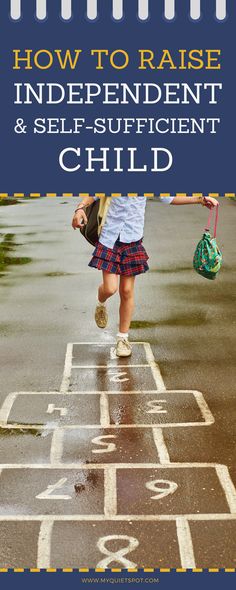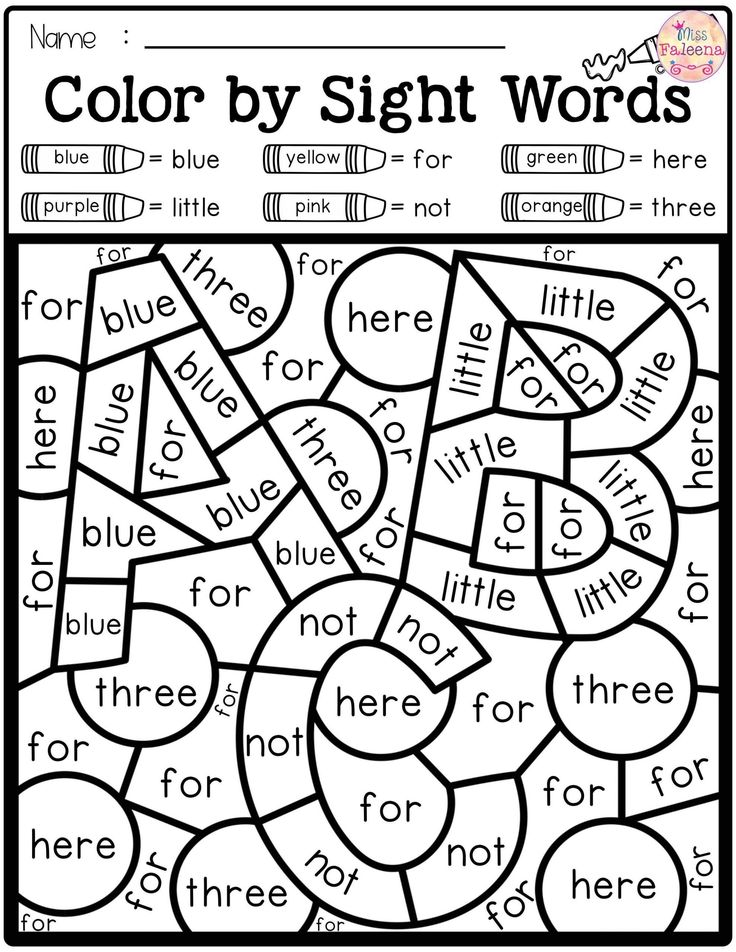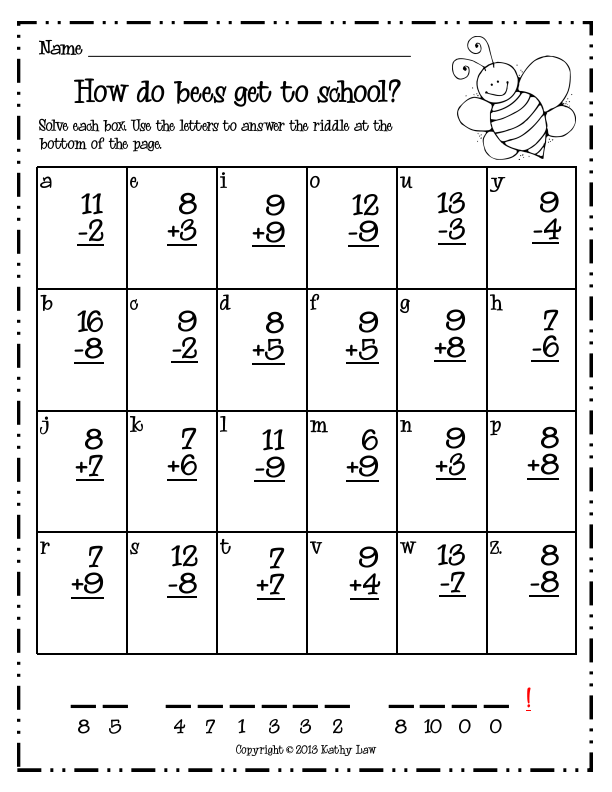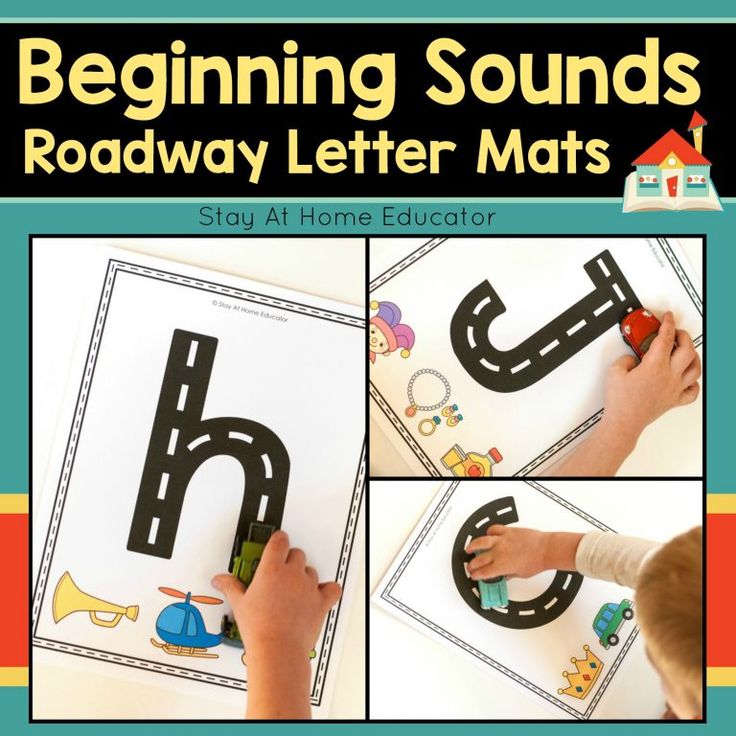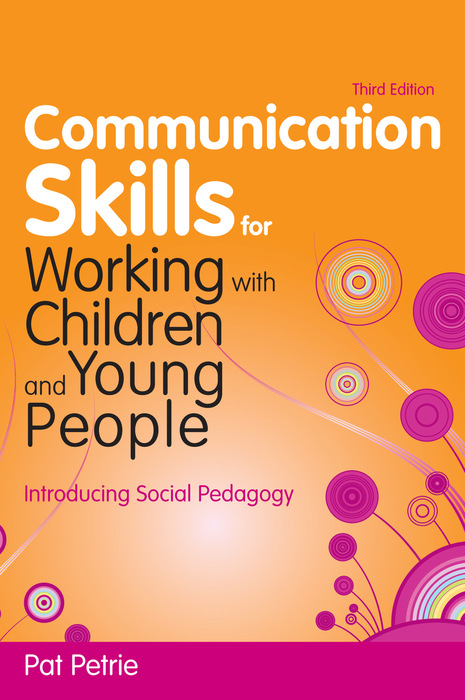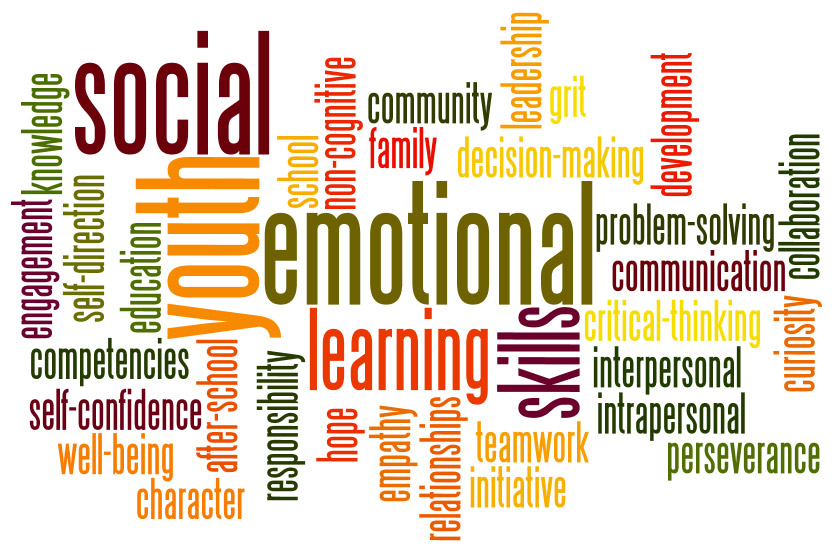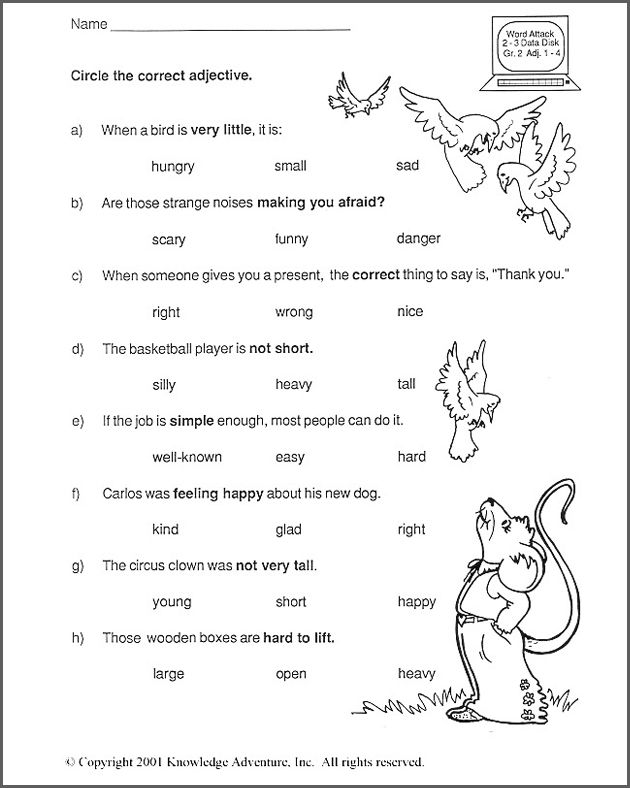How to raise an independent child
8 Ways to Raise an Independent Child While Still Maintaining a Strong Bond
Raising an independent child not only defies conventional parenting advice, it also leads to a more peaceful and positive parent-child relationship.
** As an Amazon Associate I earn from qualifying purchases. **
Ask parents what character traits they’d most like to see in their kids and independence and responsibility top the list.
But what most parents don’t realize is that in order to raise kids with these qualities, they need to defy conventional parenting advice.
Forcing kids to obey, punishing them for bad behavior and pushing them outside of their comfort zone (as opposed to encouraging them) all make children insecure, timid, and unable to think for themselves.
Somewhat counterintuitively, kids are more likely to become independent in an environment where they are supported, heard, and allowed to express and be themselves as much as possible.
These parenting techniques also often lead kids toward better behavior and a closer, more peaceful parent/child bond.
Here are eight specific ways to raise independent kids:
Form a strong attachmentMany parents assume the way to cultivate an independent mindset in childhood is to make their children handle challenging situations on their own. And at first, this seems completely logical.
After all, wouldn’t a child who’s forced to act independently without their parents’ help demonstrate more self-reliance? And wouldn’t the opposite be true as well – that a child who is too attached to their parent, become too reliant on that parent?
In fact, research shows that the opposite is true.
Because children are immature and vulnerable, they seek security to build their confidence. And no one provides greater security to a child than a parent or caregiver.
If these important adults push kids into situations that are stressful and scary – especially with no acknowledgment of the child’s fears or concerns – these kids can wind up feeling insecure and therefore less inclined to act independently.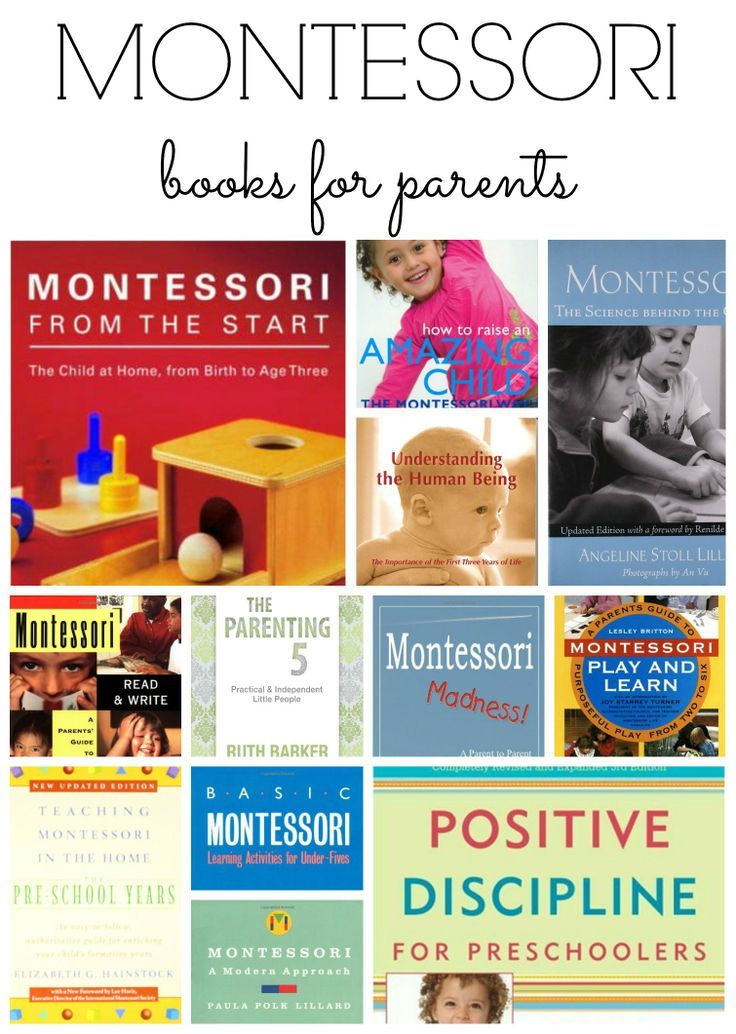
But for children who have a secure, loving, and supportive relationship with their parents the opposite is true. When kids know that their parents will respectfully support and nurture them, it builds their confidence and, in time, enables them to demonstrate greater independence.
See related:
Attachment is The Key to Raising More Emotionally Stable Children
9 Ways Children Benefit From Secure Attachment
A Gentle Approach to Handling Separation Anxiety in Children
Allow kids to have feelings and then emotion-coach themOften parents assume that allowing their children to express strong emotions like anger, fear or disappointment will lead to them being undisciplined and impulsive. And to avoid this outcome, parents either punish their child for feeling that emotion or tell them to stop expressing it.
While emotion regulation is essential for demonstrating confidence and independence, kids will never learn regulation by being punished or told to suppress emotions.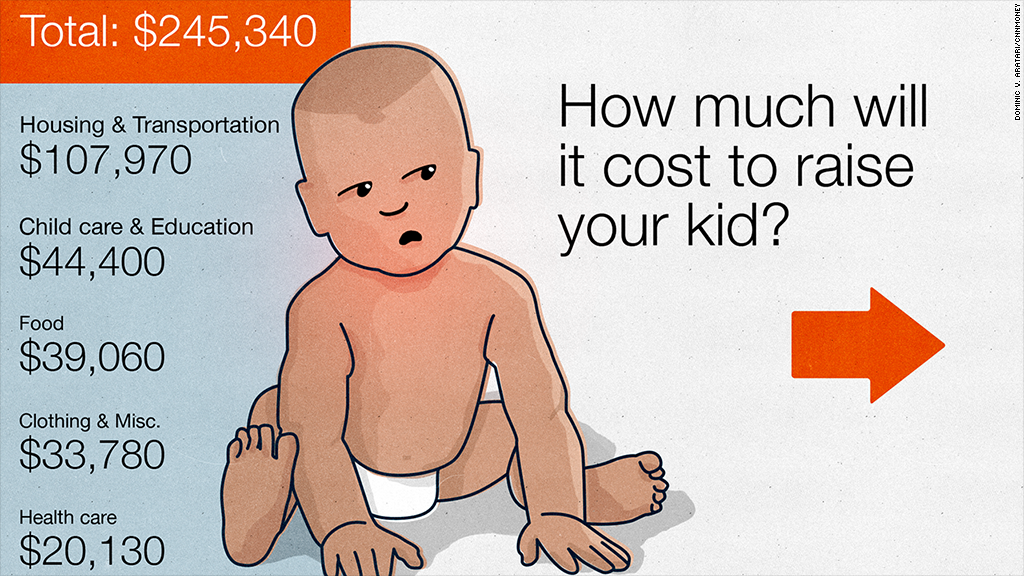
In truth, all feelings and emotions are natural. There’s nothing wrong with being angry that a brother snagged a toy, for example, or feeling disappointment for not being able to have a cookie after lunch.
What’s not acceptable – and what kids need respectful coaching on – are the behaviors that sometimes follow these strong emotions. It’s not acceptable for a child to hit their brother over the snatched toy or to purposefully pour milk on the kitchen floor in protest for not being given a cookie.
Taking time to emotion-coach kids and thus promote emotion regulation allows children to increasingly function in the world independently of us. And it provides them with tools they need to maintain healthy and secure relationships now and in the future.
See related:
How to Hold Space for Your Child’s Impulses and Emotions
Let kids speak outConventional parenting advice suggests that kids should never talk out of line or counter their parents’ wishes, desires or opinions.
But similar to allowing all feelings, kids also need the opportunity to express their opinions and speak out, as a means of learning to think for themselves. And the home is the best place to practice this.
While allowing rude or disrespectful back talk go unchecked doesn’t help kids either, parents can coach kids on how to respectfully voice their thoughts and feelings. For example, if a child is yelling to get their point across, a parent can respectfully state: “I want to hear what you have to say but as a rule I don’t listen to people who yell at me. I’ll wait until you can express your opinion in a calm voice.”
Suppressing kids’ opinions or punishing them for disagreeing only sends the message that their thoughts and opinions are unworthy – the opposite mindset of a confident, independent person.
See related:
Why Every Kids Should Talk Back to Their Parents
Why Your Child’s Most Annoying Habit is Their Best Chance at Success
Provide consistent boundaries and positive disciplineOften parents believe that in order to raise well-adjusted kids, they must teach them to obey.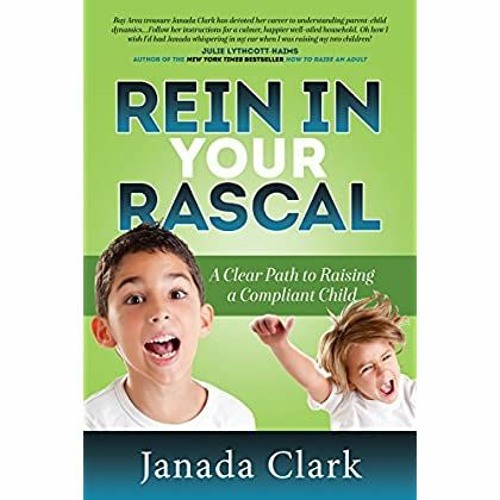
And while our children need to learn proper behavior, kids who are taught simply to obey aren’t given the chance to learn new skills that encourage self-reliant thinking.
Research consistently shows that kids learn discipline best through positive means, or rather, discipline that’s both kind and firm, as opposed to dictatorial.
When parents validate their child’s feelings and opinions and show empathy, while at the same time upholding rules and boundaries, kids feel greater security and self-confidence. And they’re more likely to absorb the lessons parents want them to learn.
See related:
How to Discipline Kids While Reaching Their Hearts at the Same Time
Create a collaborative relationship based on problem-solvingAs kids mature and begin to think for themselves, parents can strive to form a collaborative relationship with them with a focus on problem-solving.
This collaborative relationship, as Ross Greene, author of the book, Raising Human Beings, explains, consists of the parent first listening to and gathering information from the child when misbehavior occurs. It continues by encouraging and supporting the child to come up with solutions to the problem at hand.
It continues by encouraging and supporting the child to come up with solutions to the problem at hand.
Not only does this strategy more successfully teach children, it also results in a more peaceful and healthier parent child relationship.
And it encourages a problem-solving mindset in children, a major building block to becoming an independent thinker in adulthood.
See related:
How Teaching Kids Problem-Solving Skills Benefits Them and Makes Parenting Easier for You
Offer kids choicesMost parents know that a great way to diffuse defiance from a toddler is to offer them a choice.
“I know you don’t want to go to the grocery store right now, but we need to buy groceries. Do you want to bring your stuffed giraffe or elephant with you in the car?”
By acknowledging the child’s feelings and giving them a choice, it gives kids a small sense of control, even if they don’t get exactly what they want.
This parenting technique provides other benefits as well. It communicates to kids that they’re significant enough to be able to make choices – certainly a quality of an independent mindset.
School-age children and adolescents appreciate parents asking what they prefer as well. The more we can turn any situation into one where a child can harmlessly make a decision, the more they’ll continue to grow into a confident, self-reliant mindset.
See related:
Do You Let Your Children Make Their Own Choices? This is Why It’s Important
Encourage responsibilityResponsibility and independence go hand in hand. The more responsible our kids are able to act, the less reliant they will be on us.
Parents can begin to encourage a helping mindset at a young age, as early as age two, by getting them involved in household chores and small tasks. Toddlers are natural and eager helpers and the more we cultivate a helping mindset in them early, the more natural this mindset will feel as they mature.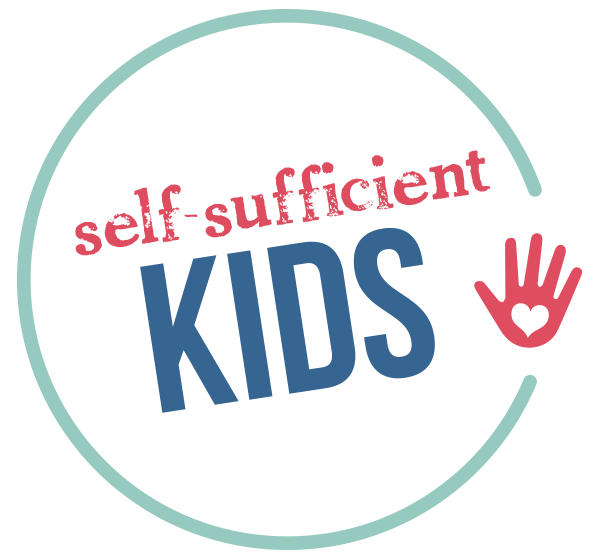
Getting kids started on chores is another surefire way to build a sense of responsibility in kids. For example, kids of all ages can help with some portion of doing laundry, cleaning and putting away dishes, or putting together their own lunch.
See related:
Age-Appropriate Chores for Kids – Lists by Developmental Stages
7 Tips to Begin Toddler Chores Successfully
How to Get Toddlers and Kids to Pick up Toys
Interested in getting your kids started on chores? My four-lesson course will teach you how to get started, avoid nagging & power struggles, and keep your kids motivated. Click here or the image below to learn more.
Let them learn from natural consequencesParents often falsely believe that for their child to learn a lesson, the parent must impose a consequence.
But the truth is kids – and especially during adolescence – will learn more by simply experiencing the natural consequences of their actions.
Examples of this include: forgetting homework at home, failing to pack an umbrella on a rainy day, leaving a scooter outside in the rain and having to replace it with their own money.
Experiencing natural consequences can be a great teacher but keep in mind that young children aren’t mature enough to connect their actions to negative results until they’re six years old.
See related:
Why We Need to Let Our Kids Experience the Natural Consequences of Their Actions
Letting go while still supportingAs our kids mature, they’ll gradually have more opportunities to demonstrate independence – in how they act, where they go, which choices they’ll make, and what they say.
As parents wanting to support that independence, we need to walk a delicate dance of supporting our kids while incrementally letting go.
Beginning at an early age, our children need us to be their rock and foundation – a support they know they can rely on, and a place they can turn to for acceptance, guidance, and most of all unconditional love.
Having that assurance gives our children the confidence they need to increasingly spread their wings and become independent, self-sufficient adults.
What to do next…
1. Subscribe to Self-Sufficient Kids’ email list.
Like what you read here and want to learn more? Every Thursday I’ll send you one parenting tip about raising self-sufficient kids and creating the peaceful relationship you yearn to have with your child. Click here to sign up.
2. Take one of my quizzes!
Find out if you’re raising a self-sufficient kid (click here) or if you’re doing too much for your kids (click here). At the end of each quiz, you’ll be asked to provide your email address to see the results.
3. Get your kids started on chores.
Learn how to get your child started on chores (& keep them motivated + avoid power struggles) by enrolling in my Get Your Kids Successfully Started on Chores course. Click here to learn more and sign-up.
4. Become a member of The Empowered Parents Collective.

As a member of the Empowered Parents Collective, you’ll have access to targeted positive parenting advice in the form of mini-courses, expert interviews, Q&A from a certified parent educator, and more. Click here to learn more and sign-up.
About Kerry Flatley
Hi! I’m Kerry, the mother of two girls and a certified parent educator. I believe it is possible for parents to have a supportive, loving, and warm relationship with their kids while raising them to be independent and ultimately self-sufficient. Over the years, I’ve read numerous books and articles that support this belief and I’ve put these ideas into practice with my own kids. Read more about me and Self-Sufficient Kids here.
Raising Confident, Independent Children - Child Mind Institute
This is an excerpt from The Scaffold Effect, a new book by Harold S. Koplewicz, MD, the president of the Child Mind Institute.
When our kids are young, our job is to be fixers, protectors, and social secretaries. We childproof the house so they can’t get under the sink and block the stairs so they don’t fall down. We set up playdates and throw their parties. We call their teachers when there’s a problem. But at some point along the way, the parents’ job changes, without warning or indication, and we become consultants. Our job then is to help them find solutions for themselves.
We childproof the house so they can’t get under the sink and block the stairs so they don’t fall down. We set up playdates and throw their parties. We call their teachers when there’s a problem. But at some point along the way, the parents’ job changes, without warning or indication, and we become consultants. Our job then is to help them find solutions for themselves.
Shifting from “fixer” to consultant is a major change, and you might have a hard time with that. As parents, we’re socialized for the fixer/protector role, to step in and take care of the problem. If your kid falls down and scrapes his knee, your instinct is to put a Band-Aid on it, and say, “It’s okay, sweetie. I’ll make it better.” Then they go back to playing and you feel good about having done your job as a fixer well.
However, you can’t put a Band-Aid on a social rejection or a failure experience. There is no instant fix when a twelve-year-old girl is suddenly cast out of her friend group, or when an eight-year-old boy struggles to memorize math tables and starts to believe he’s stupid. You can’t protect a child from the trials of life. But you can give your kid armor by teaching him to advocate for himself, and thereby develop the grit he needs to survive and succeed.
You can’t protect a child from the trials of life. But you can give your kid armor by teaching him to advocate for himself, and thereby develop the grit he needs to survive and succeed.
If your child gets a poor grade on a test, for example, a fix-it parent would say, “You should call the teacher to talk about what happened. You should meet with your friend who’s great at math and get some tutoring. You should study harder.” You should, you should, you should. Listen to how you talk to your child. When you hear that phrase, be aware that you are in fix-it mode, essentially choosing and handing him tools.
To scaffold, parents support and encourage the child to learn how to select the right tool for the particular task all by himself. He might choose wrong, and then you can guide him to evaluate why that particular tool wasn’t the best choice. Next time, he’ll try something new.
It’s not that you are letting him hang out there on his own. You are standing by and collaborating with him to come up with his own solutions. Instead of his depending on you for answers, you will guide him to come up with ideas about how he can do it for himself.
Instead of his depending on you for answers, you will guide him to come up with ideas about how he can do it for himself.
The Growth Zone
A psychological state is often called “a zone.” In the active construction site that is your child’s development, it helps to be aware of her various zones, as well as which are the safe and unsafe areas.
The Comfort Zone. This is a no-anxiety, no-stress figurative place where a person feels safe and secure, believes he’s in control, and can do any social, emotional, behavioral, or academic task easily, without help from parents or teachers. In the Comfort Zone, a child can build confidence and self-esteem. He is secure doing the activity; he enjoys it because he’s proficient. It might feel good to hang out here; it might be a bit boring, too. Since growth comes from learning new things, and learning requires you to be vulnerable in your ignorance and inexperience, the child will have to leave the Comfort Zone in order to grow.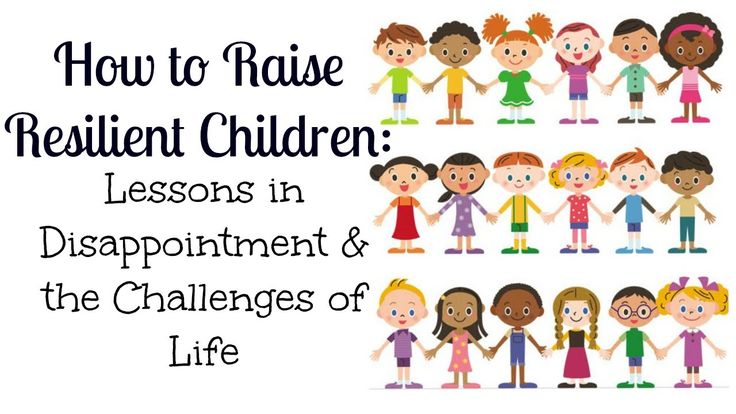
The Growth Zone. Maximal learning and growth happen in the area just outside the Comfort Zone, when the child is reaching and stretching to acquire new skills. Russian educational psychologist Lev Vygotsky believed that educating children in the “zone of proximal development”—just beyond their current capacity, not too far from where they already are—inspires kids to become independent problem solvers and self-motivated learners. The theory holds up in the context of scaffolding a child’s emotional, social, and behavior learning as well. Learning, aka growth, an ongoing process of reaching for more, is always empowered by parent-child collaboration. You’re in it together, but once your child learns what he needs to learn, he can move on, and up, to the next level, while you cheer him on from the near distance of the scaffold.
Failure Is an Option
For your kids, you scaffold their current and future growth by teaching them to take risks, despite the very real possibility of going splat.
Labeled praise plays a major part here. If you want your kids to be more proactive and prosocial, you have to praise them when they try. Be careful about what you praise, though. If you praise success, your kids learn to think that failure is bad. But failure isn’t good or bad. It’s just one possible outcome.
Emily, a fourteen-year-old girl with severe anxiety disorder, always became extremely worried in the days leading up to her midterm and final exams. Her mother Diana’s reaction to her daughter’s stress was to tell Emily to study harder, but that wasn’t helpful. Obsessive studying was a symptom of Emily’s anxiety, not a coping, calming strategy. It was like giving a drug addict permission to smoke more crack.
We coached Diana to scaffold Emily with nonjudgmental validation and by presenting failure as just a thing that sometimes happens, to say to her daughter, “I hear you. You’re worried that you’re going to fail. Maybe you will, and that’s okay.”
With the “death threat” of failure off the table, Emily could turn her deficit (anxiety) into an asset (productivity). She still prepared twice as much as her peers and always met with teachers for reassurance. But by telling herself failure was fine, by releasing that valve, the destructive “I can’t do this!” anxiety was gone. Diana had to send the same message many times. But eventually, the message sunk in, and Emily, now a young woman, flings herself into intimidating job opportunities. “Failure isn’t fatal,” she said. “I’ll just try again.”
She still prepared twice as much as her peers and always met with teachers for reassurance. But by telling herself failure was fine, by releasing that valve, the destructive “I can’t do this!” anxiety was gone. Diana had to send the same message many times. But eventually, the message sunk in, and Emily, now a young woman, flings herself into intimidating job opportunities. “Failure isn’t fatal,” she said. “I’ll just try again.”
A parent’s fear of failure and rejection on the child’s behalf leads to the parent riding to the rescue to save the day, by doing his homework, calling teachers and coaches, taking care of every tiny thing for their kids.
The irony of swooping in is that parents believe they’re helping their kids by preventing pain. But what they’re actually preventing is growth.
Excerpt from The Scaffold Effect: Raising Resilient, Self-Reliant, and Secure Kids in an Age of Anxiety. Copyright © 2021 by Child Mind Institute, Inc. Published by Harmony Books, an imprint of Penguin Random House.
Learn more about The Scaffold Effect here.
How to raise an independent child: the lazy mom method
August 30, 2021 Relationship Books
Principles to help parents teach their children important life skills and avoid scandals and whims.
How many funny and sad stories have we heard about how adult uncles and aunts are brought to a mom's interview? How do graduates go to the admissions office hand in hand with their grandmother? All these problems grow from childhood, in which parents are shaking over their children, do not sleep at night, get tired of a huge number of things. nine0003
It's good to be a lazy mother who can sleep until noon on weekends, because the children will wake up and wash themselves, and make breakfast for themselves, and find something to do. It's good to be a lazy dad, whose children themselves will clean the room without a command, and then they will also help fix the tap. We will tell you how to become so lazy-happy so that even the children are happy.
We will tell you how to become so lazy-happy so that even the children are happy.
Anna Bykova
Author of the book “Independent child, or how to become a “lazy mother””, child and family psychologist, educator. nine0003
Anna Bykova is sure: you can do without sleepless nights, and without scandals and whims. To do this, you need to raise independent children, those who will not need the help of their parents.
Actually, laziness with such an approach is cunning. True laziness does not smell here. Raising children who do not need constant supervision requires enormous labor costs from parents.
Mother's "laziness" at the base should have concern for children, and not indifference.
Anna Bykova
A child can become independent only because he has to. For example, if he is left to himself all the time and there is no time to take care of him. But such independence loses in terms of the level of development of consciously brought up, when parents do everything so that the child stops needing them as soon as possible.
Let's analyze the basic principles of a lazy mother.
Never do for a child what he can do for himself
Not to do for a child what he already can is, in fact, not to interfere. For example, at a year and a half a child can cope with a spoon, and at three - get dressed, put toys away, at five - heat up breakfast in the microwave, at seven - return from school and do homework on their own. Why doesn't the child do this? nine0003
Yes, because his parents do not allow him to do this, for whom it is easier and faster to feed, dress, collect, bring by the hand.
Children are actually smarter than they seem. And a hungry child will not refuse porridge, and a tired child will not fall asleep with a scandal. The parents' job is only to help: give porridge, read a fairy tale, suggest what the weather is like outside and what is better to wear.
How to find out what a child can do
Since all children are different, the timing of development is individual. Nowhere have tables been published that indicate at what age a child can be given a knife, and at what age they can be sent to the store for bread. nine0003
Nowhere have tables been published that indicate at what age a child can be given a knife, and at what age they can be sent to the store for bread. nine0003
When hands reach out to do something for a child, ask yourself: why can't the child do it for himself? It’s one thing - he can’t physically, because motor skills are not developed, because he is tired, because he is sick. This is where parenting comes into play.
It's another matter - he can't, because he doesn't want to, demands attention, is capricious. In this case, you need to talk, reassure, suggest, but do nothing extra.
And, finally, if a child simply does not know how yet, he must be taught. nine0003
Teach your child, don't do it for him
You need to teach your child according to the scheme “show → do together → let do with a hint → let do it yourself”. Moreover, the points “do together” or “do with a hint” will have to be repeated far more than once.
Before my eight-month-old son began to properly slide off the high sofa, I turned him in the right direction, probably five hundred times.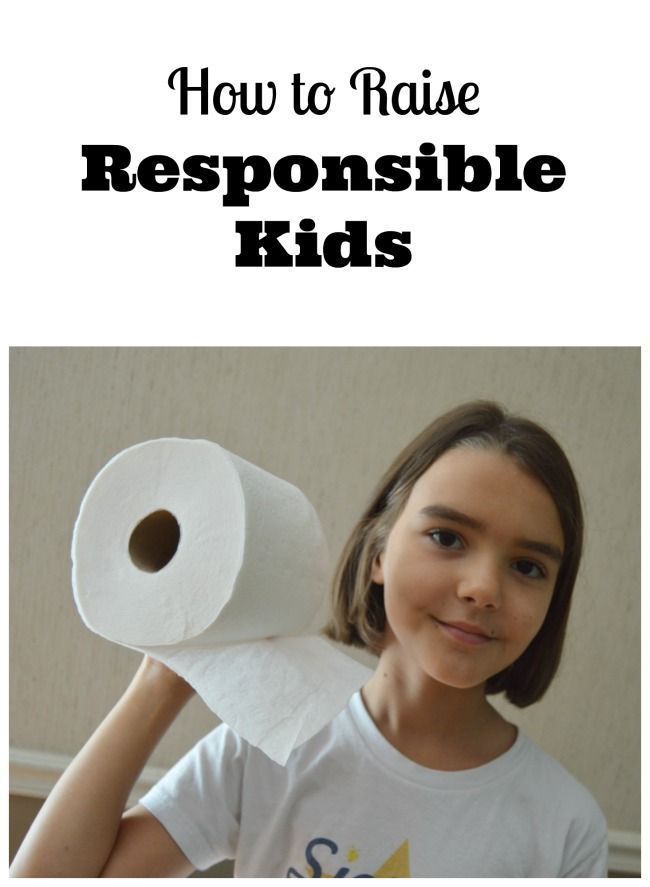 At the age of three, it was enough to show ten times how the mop works, and once to check that the child was enthusiastically mopping the floors. At the age of five, watching how dad works with side cutters, the child skips the “do it together” stage and uses the tool correctly. nine0003
At the age of three, it was enough to show ten times how the mop works, and once to check that the child was enthusiastically mopping the floors. At the age of five, watching how dad works with side cutters, the child skips the “do it together” stage and uses the tool correctly. nine0003
A lazy parent is willing to spend hours and days making the house safe and teaching a child to play on his own.
But then he will enjoy the opportunity to sleep on the weekend, because the child will not rush to mom and dad immediately after getting up.
Help solve a problem, don't solve it for a child
When a small person is given big tasks, it is logical to hear in response that he "can't". How can you cut a bowl of lettuce when there's a whole mountain of vegetables? Ordinary parents will cut themselves, lazy ones will go the other way. nine0003
They help break down the task into smaller ones. For example, first cut only cucumbers, then only tomatoes, and then only greens remain.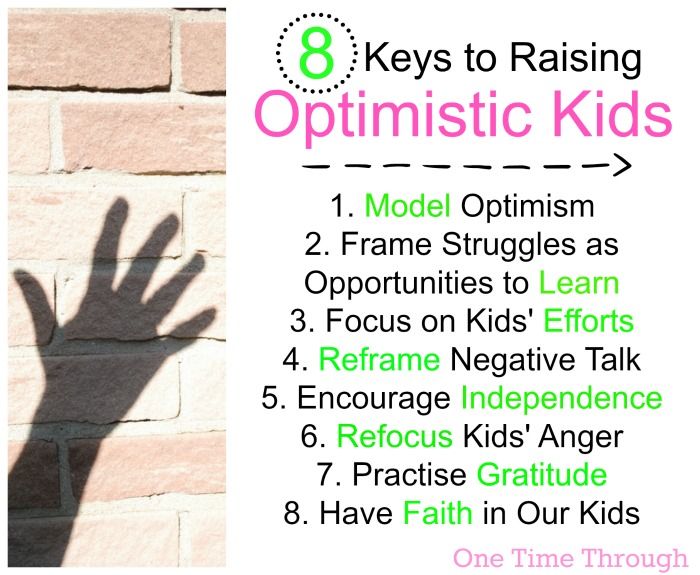
Allow a child to make mistakes
A child, mastering a new business, will make a lot of mistakes, even if the lesson seems nonsense to an adult. You have to find a button inside yourself that will turn off criticism. Of course, a three-year-old kid with a mop will not wash the floor, but only wet it.
Lazy parents will not take away a bucket of water. They will praise the child, thank for the help. In the meantime, the child is watching a cartoon, they will quietly wipe the puddles. Lazy people will not scold a child for the wrong type of tea in the store or for a jacket that is too light for the weather. nine0003
Because any mistake is an experience, and only experience can make a person independent.
Give your child a choice
For a child to be independent, he needs to choose. And choose for real, without cheating. Ask your child to choose their own clothes in which he will go for a walk. Buy cereal for breakfast. Decide how to spend the day off and which section to go to after class.
Decide how to spend the day off and which section to go to after class.
You will have to look closely at the child and trust him, to be near and lend a shoulder. nine0003
This is more difficult than doing everything on your own. But with this approach, every day it will be easier to be parents.
Think about every “no”
Some of the prohibitions are necessary because we care about the safety of the child. But sometimes behind the word “no” is a concern for your own convenience. It is easier to forbid a child to pick up a watering can than to teach him to water.
A child can overturn a flower, scatter earth, can flood a flower, and water will flow over the edge of the pot. But this is how, through actions, the child learns to coordinate movements, understand the consequences and correct mistakes. nine0003
Anna Bykova
Therefore, only that which is unsafe can be “impossible”. For example, eating with dirty hands or crossing the road in the wrong place.
When once again a hard “no” is ready to come off your tongue, stop, think, answer your question: “Why not?”
Anna Bykova
If it is impossible because it is more convenient for you, then you will not see the happiness of a lazy parent for a long time.
Get the child interested
For a child, any process is a game. As soon as he stops playing, you can force him to do something only with threats, punishments, intimidation and other evil spirits that are better not to be dragged into family relationships. nine0003
It is desirable that the child experience independence on the wave of “Wow, how interesting to try!”
Anna Bykova
When a child can do something but doesn't want to, get him interested. Spilled water? We take a mop to scrub the deck of your ship like a real sailor. The same game gets boring quickly, so you have to stretch your imagination and offer different options.
We cannot be perfect parents, but our task is to make the child stop needing us.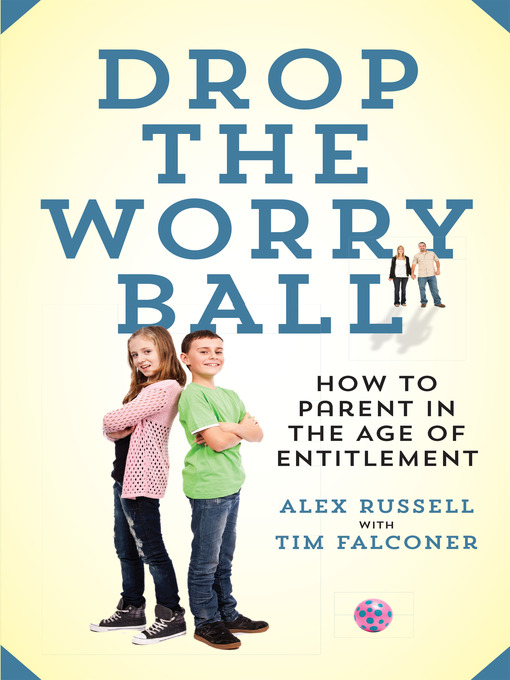 This is probably enough. nine0003
This is probably enough. nine0003
Specific advice and examples from teaching experience are in the book. Read and enjoy lazily.
Buy on Litres
Read also 🧐
- How to learn the multiplication table easily and quickly
- How to arrange an unforgettable vacation for your child so that he does not think about gadgets and social networks
- What to do if a child is being bullied at school
How to raise independence in a child: 9 rules
The ideal picture that parents draw in their imagination often looks like this: the child does everything himself, quickly and accurately. One important detail remains behind the scenes - he does only what he is told. Get up, wash your face and brush your teeth, go to breakfast - please! But the willingness to willingly follow directions, no matter how valuable they may be, is not independence at all, but only obedience. It is the habit of “obeying” adults that becomes one of the main reasons for passivity, lack of ideas and lack of initiative - psychological problems that parents of schoolchildren so often face. “He can’t really say what he wants, and he won’t do anything himself until you remind me! And just who is he like that? - you can hear the complaints of adults. nine0003
“He can’t really say what he wants, and he won’t do anything himself until you remind me! And just who is he like that? - you can hear the complaints of adults. nine0003
In fact, independence begins to form quite early. The main thing is to notice it in time. Already at 1-2 years old, the first conscious desires for independent actions appear in the crumbs. As soon as he understands that he can satisfy some of his needs himself (get out of bed, drink from a bottle, turn on the light), he tries to do it. And immediately he hears the first parental prohibitions: do not touch, otherwise you will break, put in place, otherwise you will spill! Further - more: stop, don’t go there, put it back, give it back ... At 3-4 years old, the baby experiences the first serious crisis of growing up, when an understanding comes to him: not only his actions, but also his desires may differ from what adults require. He wants to wear a yellow T-shirt to kindergarten, but his mother pulls on a gray one - it's more practical. A trifle? By no means! Vigilant control and constant pressure from adults not only destroy the child's craving for knowledge of the world, but also completely discourage independent action in general. Pretty quickly, the child understands: sometimes it’s not necessary to make efforts where you don’t want to (adults will do everything themselves), and begins to use it. How to prevent such a development of events? nine0003
A trifle? By no means! Vigilant control and constant pressure from adults not only destroy the child's craving for knowledge of the world, but also completely discourage independent action in general. Pretty quickly, the child understands: sometimes it’s not necessary to make efforts where you don’t want to (adults will do everything themselves), and begins to use it. How to prevent such a development of events? nine0003
Related content:
Cuckoos vs Chickens: Ultimate Fighting
Why We Don't Like Other People's Children
Legal Advice: Can Spouses Conclude...
1
Is a one-year-old baby throwing toys? Do not run headlong to pick up and serve - let him crawl to them himself. Enjoying smearing fruit puree all over your face? Don't scold. Your task is to give the little man the opportunity to act, which means to feel independent. Let him do what he wants, even if the results are unsuccessful at first. When you are not sure that the child knows how to do something (bring a spoon to his mouth, drink from a cup, fasten the buttons on his jacket, etc. ), show how to do it correctly. It doesn't work - no problem. Do not interfere with his attempts to cope with the problem on his own and help only when he asks you to! Of course, it is necessary to take into account the age and already accumulated experience. Act consistently: first let the baby learn to take off his pants, and only then - to put on, first of all, show how to wield a spoon, and only then - a fork, etc. Complicate the tasks gradually - the successful development of new independent skills well stimulates children's interest in them. nine0003
), show how to do it correctly. It doesn't work - no problem. Do not interfere with his attempts to cope with the problem on his own and help only when he asks you to! Of course, it is necessary to take into account the age and already accumulated experience. Act consistently: first let the baby learn to take off his pants, and only then - to put on, first of all, show how to wield a spoon, and only then - a fork, etc. Complicate the tasks gradually - the successful development of new independent skills well stimulates children's interest in them. nine0003
Similar materials:
School tricks: how to inspire a child for a new...
How to become an ideal student: 10 tips for parents...
According to the plan: is it possible to choose the gender of the child in advance?
2
Encourage initiative
Try to avoid strict prohibitions as much as possible - "Don't run!", "Give it up!", "Stop!", "Don't interfere!" - and "predictions" like "break", "tear", "spill".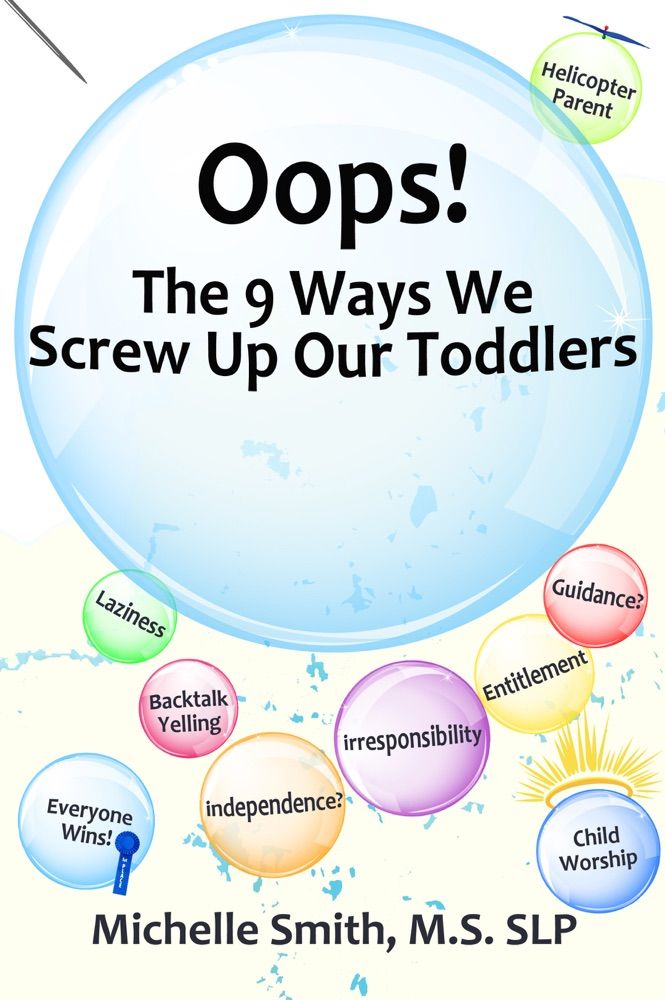 Does a four-year-old want to help you clean up? Do not put him out of the room, but reward him with a rag. Want to wash dishes? Place a stool next to the sink and turn on the hot water. Try to categorically refuse as rarely as possible, but explain the reasons for the refusal and offer alternative options. To "wake up" children's initiative, provide freedom of choice. When going for a walk, ask where the baby wants to go for a walk - to the playground or to the park? Which hat will he wear tomorrow - red or blue? Thus, the baby will learn to make decisions (no matter how insignificant they may be in your opinion), think and act independently. Give him a space for which only he will be responsible - if not his own room, then at least a children's corner in the apartment - let him determine the state of affairs and keep order. First, help him in this difficult matter, explain why it is better to put toys in a box and put books on a shelf, but do not persist if the baby does not agree with you.
Does a four-year-old want to help you clean up? Do not put him out of the room, but reward him with a rag. Want to wash dishes? Place a stool next to the sink and turn on the hot water. Try to categorically refuse as rarely as possible, but explain the reasons for the refusal and offer alternative options. To "wake up" children's initiative, provide freedom of choice. When going for a walk, ask where the baby wants to go for a walk - to the playground or to the park? Which hat will he wear tomorrow - red or blue? Thus, the baby will learn to make decisions (no matter how insignificant they may be in your opinion), think and act independently. Give him a space for which only he will be responsible - if not his own room, then at least a children's corner in the apartment - let him determine the state of affairs and keep order. First, help him in this difficult matter, explain why it is better to put toys in a box and put books on a shelf, but do not persist if the baby does not agree with you.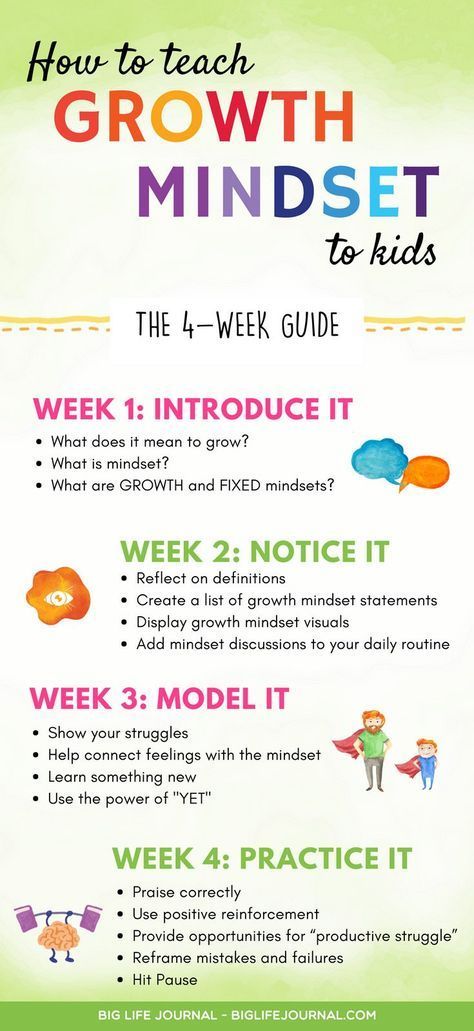 He just wants to do it his way and feel like his decisions matter too. Give him that right. nine0003
He just wants to do it his way and feel like his decisions matter too. Give him that right. nine0003
3
Set a clear schedule
Scheduled life is predictable and understandable. But this is exactly what children need. Getting used to a certain daily routine (getting up, washing, making the bed, breakfast, walking, etc.) streamlines the child's life. When there is no such regime, he toils (including from idleness), and parents have to constantly stand over him, forcing him to do this or that. You must understand that the compiled schedule is a support that will help the baby quickly remember everything that needs to be done. Visualize the daily routine by drawing a schedule and hanging it in the most visible place. nine0003
Related content:
Confessions of a “not like this” mom: 6 rules of motherhood that...
Who are crystal children and how to understand that your child is...
when we...
4
Entrust him with household chores
Children often take the initiative in this direction - do not interfere! Find something your child likes: loves water - let her water the flowers, loves to decorate - sets the table. An indispensable duty, feasible even for a two-year-old baby, should be to maintain order in your “toy corner”. Be sure to praise the child for the timely completion of his own household “things” and emphasize the benefits of his work. nine0003
An indispensable duty, feasible even for a two-year-old baby, should be to maintain order in your “toy corner”. Be sure to praise the child for the timely completion of his own household “things” and emphasize the benefits of his work. nine0003
A hockey section or a modern dance club, a foreign language or a music school - the main thing is that he goes there with pleasure. This is important not only for physical or mental development. Just the upbringing of independence involves, among other things, the formation in the child of the ability to occupy himself for some time without the help of adults.
Introduce the practice of getting pocket money (even if at the very beginning it will be the most penny sums), give the baby a piggy bank and let him distribute the expenses himself. At first, explain why you can’t save a lot if you constantly spend. After a while, give the task: ask the child to calculate his “expenses” in advance, taking into account planned and unforeseen expenses. If necessary, help, but do not impose your opinion - let him decide everything himself. nine0003
If necessary, help, but do not impose your opinion - let him decide everything himself. nine0003
Similar materials:
Why the system "Eat porridge - get an iPad" is wrong... ..
Invent controversial situations to show the child different possibilities for solving them, and ask him to decide for himself what is the best thing to do. Discuss the results of all his actions and deeds and allow him to freely express his thoughts. Let him openly talk about what causes his misunderstanding. In turn, explain why you act in this way in a particular situation, and not otherwise. Make agreements! Agree, for example, that you read a bedtime story and keep secrets for 10 minutes before going to bed if the baby stops evening games on time and gets ready for bed on his own. Warn that if the agreement is violated on his part, everything planned is canceled immediately. nine0003
Praise is one of the most pleasant and accessible incentives. Praise and encourage always, even if the baby is not yet successful.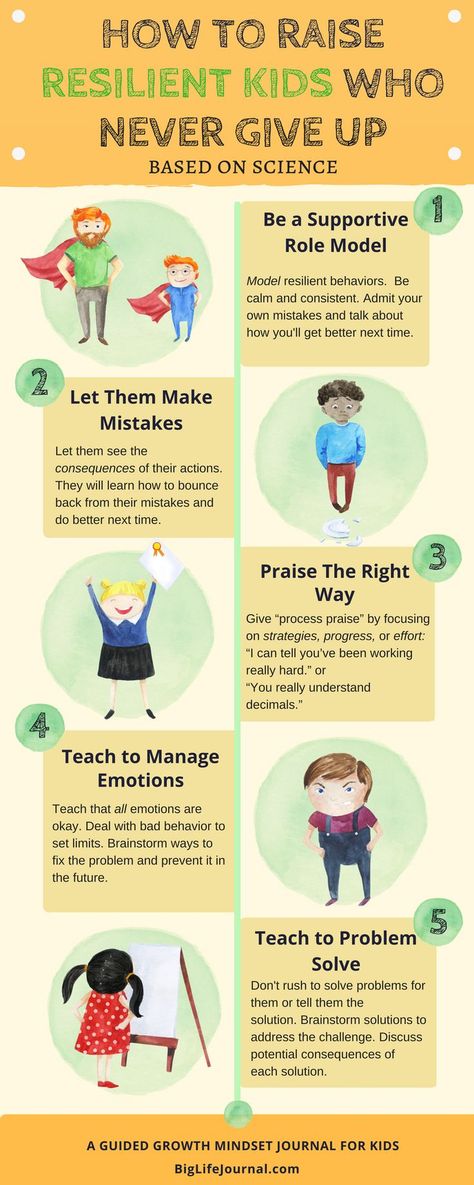 He will feel that you appreciate his efforts and will want to try again. No need to sing praises and pour flattering words on any occasion - praise should not be exaggerated, but deserved.
He will feel that you appreciate his efforts and will want to try again. No need to sing praises and pour flattering words on any occasion - praise should not be exaggerated, but deserved.
Similar materials:
"It seemed to me that if I was an ideal mother, everything...
What is the difference between raising children in Georgia and Ukraine?...
What are the advantages of a prenuptial agreement and how to draw it up correctly...
Patience is one of the main qualities that a parent will need to bring up independence in a child. Even with a lack of time, you do not need to do for the baby those things that he can handle on his own. Instead, tell your child how much you love him often, explain the most obvious things dozens of times, listen to everything he says, answer all his questions, help him reason and let him make decisions, even if they are not entirely to your liking. Refuse hyper-custody, do not demand complete submission from the baby, but be his friend and adviser.